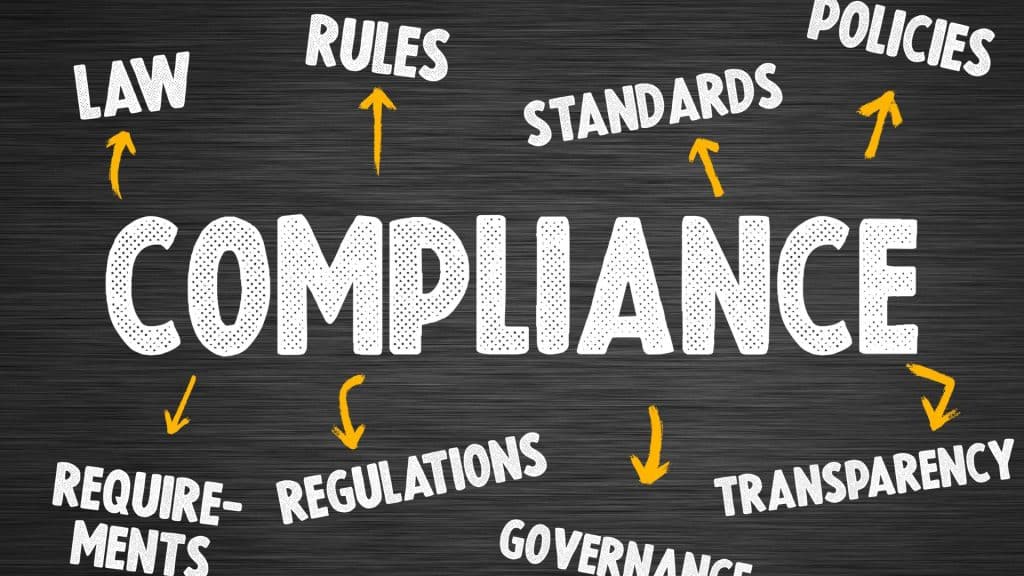How Experienced Dispute Resolution Lawyers Navigate Complex Negotiations
In today’s business environment, conflicts and disputes are commonplace. Whether it’s a contractual disagreement, a partnership dispute, or a regulatory issue, how these conflicts are resolved can significantly impact relationships and the bottom line. Experienced dispute resolution lawyers play a crucial role in navigating complex negotiations, employing various strategies to achieve effective outcomes. This article explores the techniques used by these professionals to manage intricate negotiations and resolve disputes successfully.
1. Understanding the Role of Dispute Resolution Lawyers
A. Overview of Dispute Resolution
Dispute resolution encompasses various methods utilized to resolve conflicts without resorting to traditional litigation. These methods often include mediation, arbitration, and negotiation, with each possessing unique features and benefits.

B. Significance of Experienced Lawyers
Experienced dispute resolution lawyers bring specialized skills and knowledge to the table. They not only understand the intricacies of the law but also the dynamics of negotiation and conflict resolution. Their expertise is crucial in guiding clients through complex disputes to reach satisfactory resolutions.
2. Strategies Employed By Experienced Dispute Resolution Lawyers
A. Comprehensive Case Assessment
1. Fact-Finding
An initial step in effective negotiation is a thorough examination of the facts surrounding the dispute. Experienced lawyers gather all relevant information, including documents, witness statements, and contextual background. This extensive fact-finding enables them to identify key issues and underlying interests involved in the disagreement.
2. Legal Analysis
Once the facts are accumulated, a legal analysis helps lawyers assess applicable laws and regulations that may influence the resolution process. They explore potential claims and defenses, allowing them to anticipate the opposing party’s arguments and develop counterstrategies.
B. Setting Clear Objectives
1. Identifying Client Interests
An experienced dispute resolution lawyer will engage in a detailed discussion with the client to identify their goals and interests. Understanding what the client aims to achieve provides a roadmap for negotiations and ensures that the attorney’s strategies align with the client’s desired outcomes.
2. Establishing Priorities
In complex negotiations, the lawyer will work with the client to determine priorities. This involves distinguishing between non-negotiable points and those where flexibility may be possible. Establishing clear priorities helps focus negotiations and streamline decision-making.
C. Developing a Strategic Plan
1. Crafting a Negotiation Strategy
Based on the assessment of the case and the client’s objectives, an experienced lawyer will develop a strategic negotiation plan. This strategy outlines possible avenues for resolution, including tactics for negotiation, potential compromises, and contingency plans for various scenarios.
2. Understanding Opposing Perspectives
Anticipating the opposing party’s needs and concerns is vital. Experienced attorneys analyze the motivations of the other side and assess their goals. This insight allows the lawyer to tailor their approach, fostering a more productive and collaborative negotiation.
D. Employing Effective Communication Techniques
1. Active Listening
During negotiations, lawyers must employ active listening skills to understand the perspective of the opposing party. This means fully engaging in discussions, asking clarifying questions, and accurately summarizing points raised. Active listening not only fosters rapport but also identifies underlying interests.

2. Clear Articulation of Positions
Experienced lawyers express their client’s interests and positions clearly and assertively. Effective communication is rooted in articulating the rationale behind requests and proposals in a way that is compelling and understandable to the opposing party.
E. Utilizing Mediation Techniques
1. Engaging a Mediator
In instances where direct negotiations stall, an experienced dispute resolution lawyer may recommend involving a neutral third-party mediator. Mediation enhances communication, facilitates discussions, and promotes a collaborative approach to problem-solving.
2. Creating a Safe Environment for Dialogue
Lawyers can cultivate a safe and conducive environment for mediation. This involves establishing ground rules, fostering respect, and ensuring that all parties feel heard. A comfortable atmosphere is conducive to open dialogue, increasing the likelihood of finding common ground.
F. Building and Maintaining Relationships
1. Long-Term Perspective
Experienced lawyers focus not only on immediate resolutions but also on preserving professional relationships. Conflicts that lead to deteriorated relationships can harm future business opportunities. By pursuing amicable solutions, lawyers help maintain positive relations even in challenging situations.
2. Emotional Intelligence
Lawyers skilled in dispute resolution exhibit high emotional intelligence, allowing them to navigate the emotional landscape of negotiations effectively. Recognizing and addressing the emotional dimensions of conflicts can facilitate better communication and cooperation.
3. Finalizing Agreements
A. Drafting Clear Settlement Agreements
After the parties come to an agreement, the attorney will formalize it through a written document. An effective settlement contract should clearly detail all mutually accepted terms and obligations.
B. Ensuring Compliance
Experienced lawyers play a role in ensuring that all parties understand their obligations under the settlement agreement. They also follow up to make sure that commitments are met, helping to avoid any future disputes arising from misunderstandings about the agreement.

C. Preparing for Contingencies
In complex negotiations, it’s wise to prepare for potential contingencies. Experienced dispute resolution attorneys may include provisions in settlement agreements that outline what happens if one party fails to meet their obligations, reducing future conflicts.
4. Conclusion
Working with experienced dispute resolution lawyers can significantly impact the effectiveness of resolving complex negotiations. Their ability to assess cases comprehensively, set clear objectives, and employ effective communication techniques equips clients to navigate disputes confidently.
By emphasizing relationships, using mediation techniques, and preparing solid agreements, these professionals not only help clients reach favorable outcomes but also ensure that business relations remain intact. In an increasingly interconnected and competitive business world, the ability to resolve disputes amicably and efficiently is invaluable. Secure the assistance of an experienced dispute resolution lawyer to foster productive negotiations and achieve lasting solutions to conflicts.
